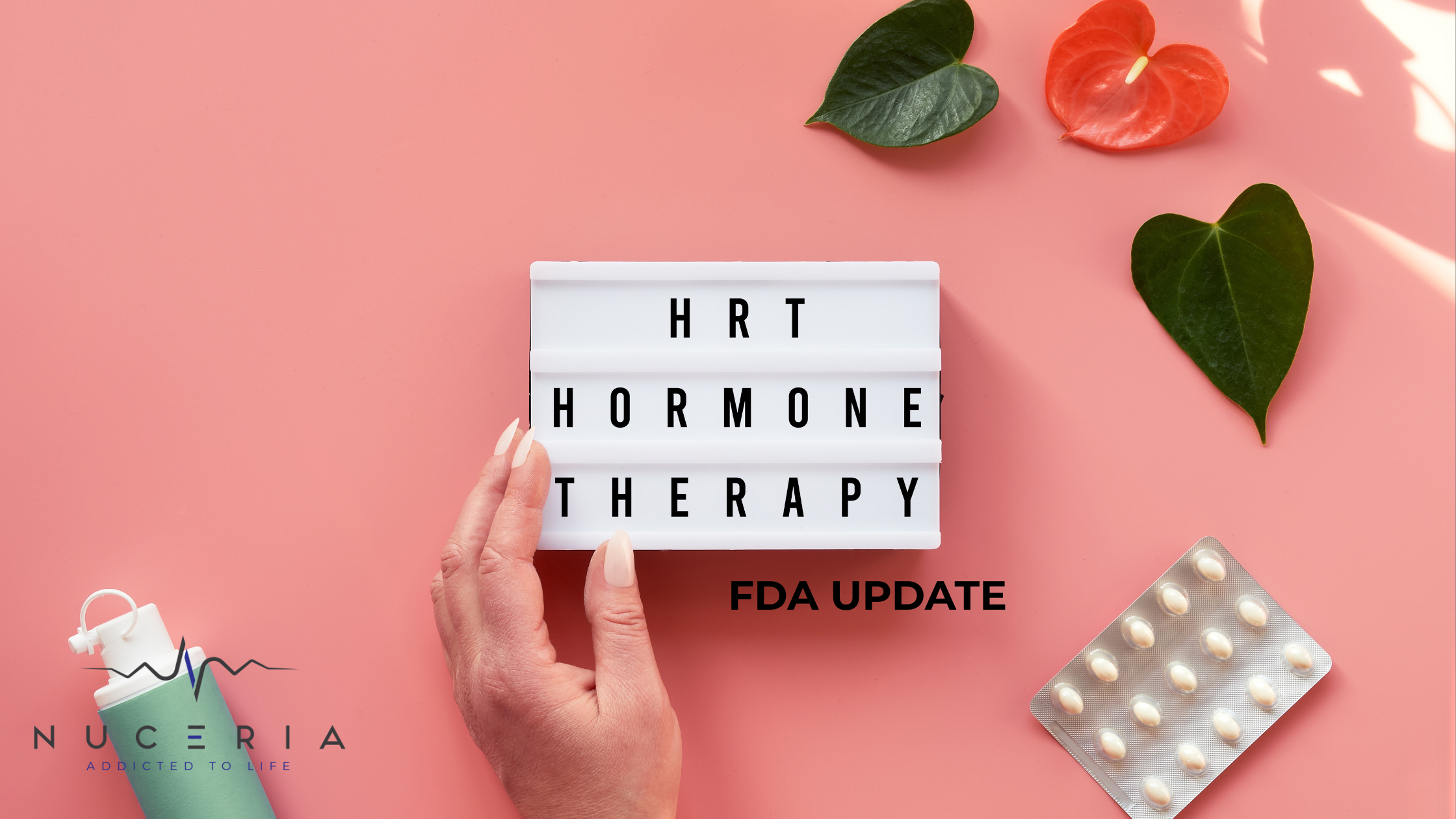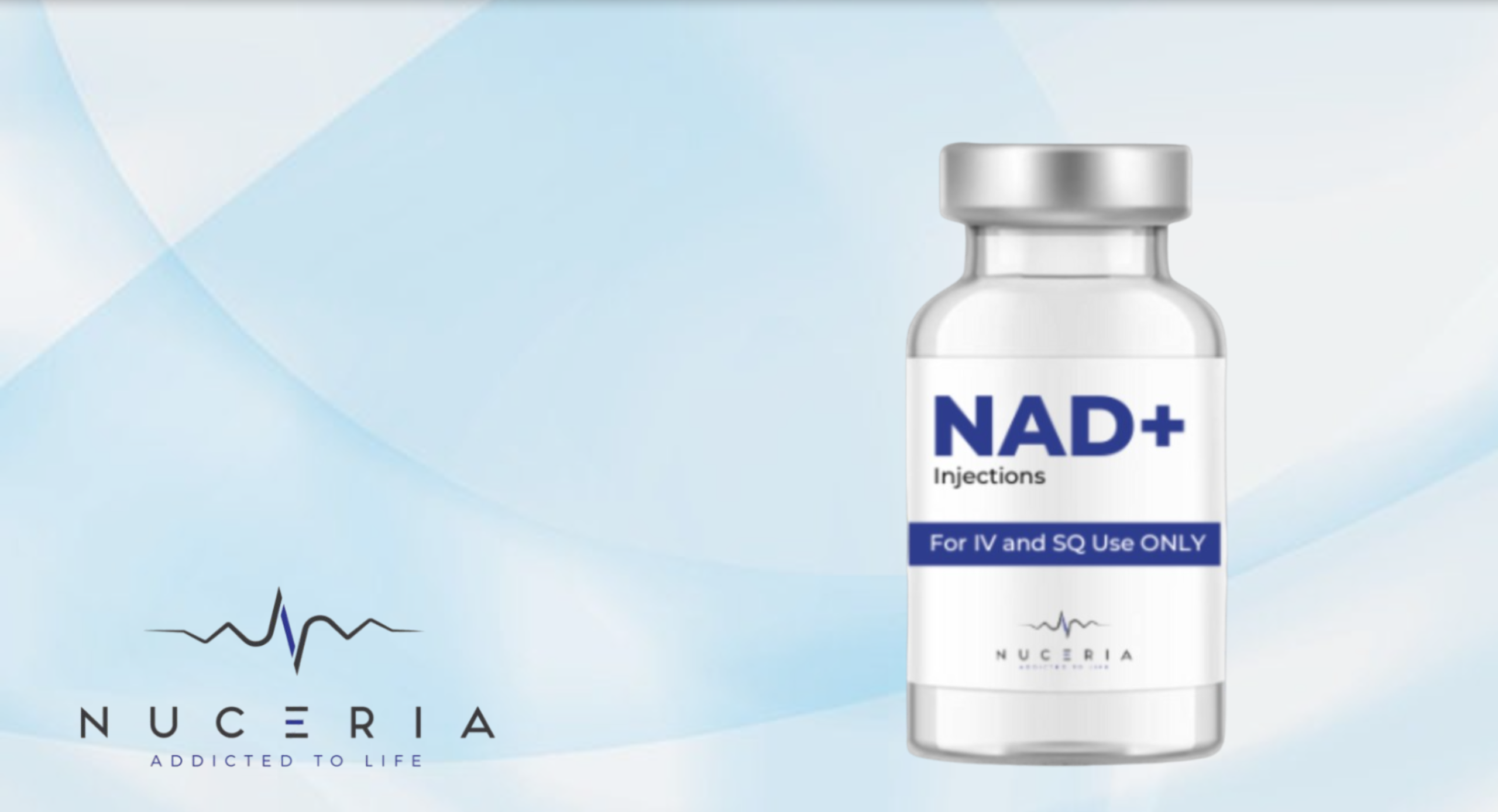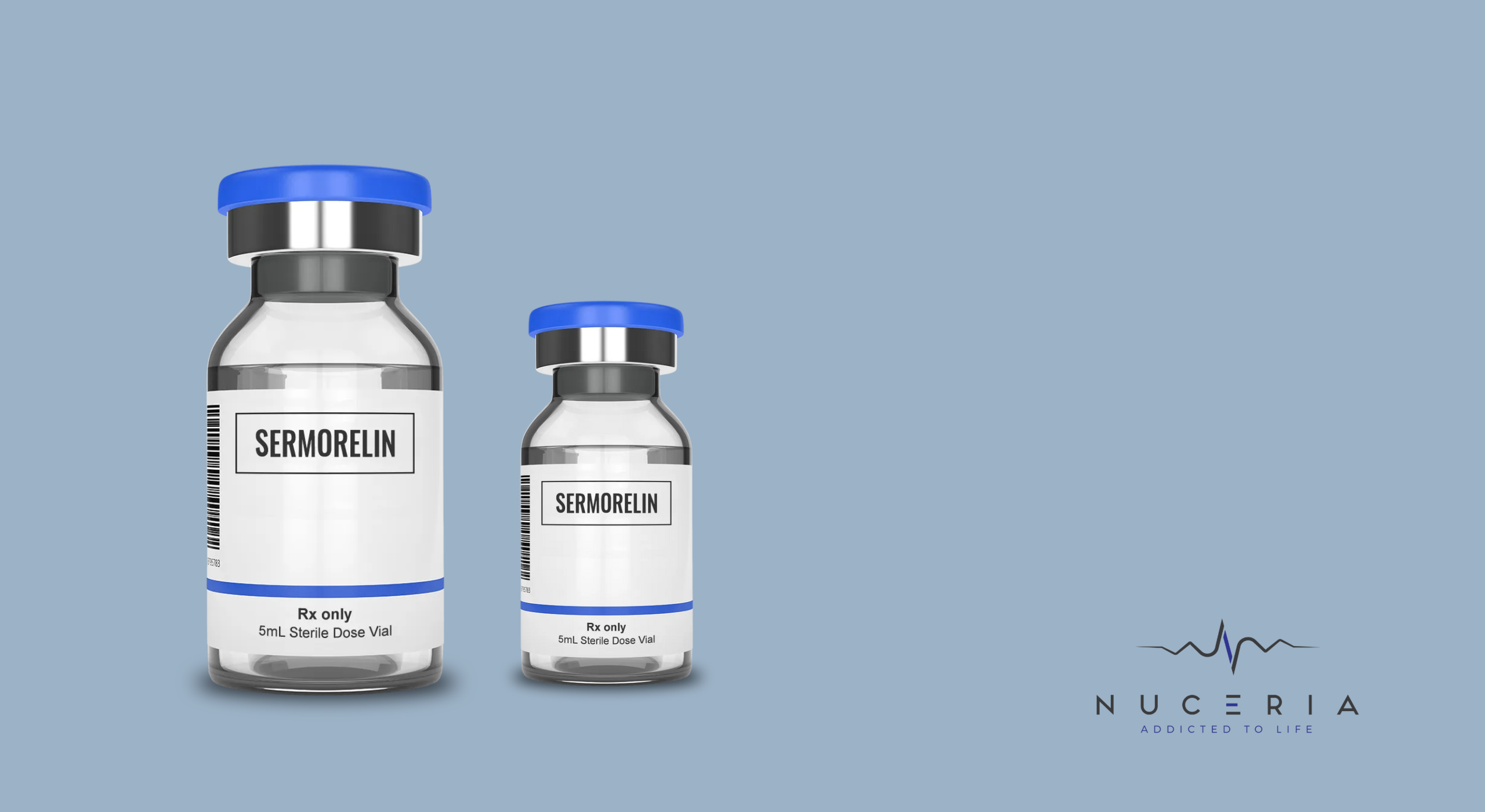FDA Removes Misleading Warnings on Hormone Therapy
A Major Turning Point for Women’s Health
The U.S. Department of Health and Human Services (HHS) has taken a historic step that could reshape how millions of women experience menopause. After more than 20 years of confusion, fear, and conflicting guidance, the Food and Drug Administration (FDA) announced the removal of misleading “black box” warnings from hormone replacement therapy (HRT) products.
For decades, these warnings discouraged both patients and doctors from using hormone therapy to ease menopause symptoms. Now, the agency is officially acknowledging what decades of updated science have shown: when prescribed properly, HRT is safe and can bring major health benefits.
Health and Human Services Secretary Robert F. Kennedy Jr. and FDA Commissioner Dr. Marty Makary shared the news at an HHS press event attended by hundreds, including Second Lady Usha Vance and Secretary of Labor Lori Chavez-DeRemer. Their message was clear — it’s time to bring women’s health back to evidence-based medicine.
How the Controversy Started
In the early 2000s, a government study known as the Women’s Health Initiative (WHI) suggested that hormone therapy might slightly increase breast cancer risk. The FDA reacted by applying a severe boxed warning to HRT products.
But the study had major flaws. Most participants were over 60 — well past the average age of menopause — and they received a hormone formulation that’s no longer even used. Later research found that for women who begin HRT within 10 years of menopause or before age 60, the therapy actually lowers overall mortality and reduces major disease risks.
Despite this, the warnings remained, creating what many experts now call “two lost decades” in women’s health care — years when millions went untreated for hot flashes, insomnia, bone loss, and other preventable issues.
What the FDA Is Changing
After an extensive review of medical literature, public comments, and a July 2025 expert panel, the FDA is removing language about cardiovascular disease, breast cancer, and dementia from HRT product labels.
The only boxed warning that will remain applies to endometrial cancer in women who take estrogen-only therapy (those who have had a hysterectomy are unaffected).
“Today we’re standing up for every woman who wants clarity about her options,” said Secretary Kennedy. “For too long, bad science and bureaucratic inertia kept women from life-changing treatments. That ends now.”
Dr. Makary, the new FDA Commissioner, echoed this sentiment:
“Women deserve medical decisions based on data, not fear. We are correcting a decades-long distortion of risk that harmed millions.”
The Science Behind Hormone Therapy
During menopause, the ovaries slow production of estrogen and progesterone, leading to familiar symptoms: hot flashes, mood swings, night sweats, and sleep disruptions. But estrogen does far more than regulate cycles — it supports the brain, bones, heart, and immune system.
Modern studies show that timely hormone replacement offers multiple protective benefits:
-
Up to 50% lower risk of cardiovascular disease
-
35% lower risk of Alzheimer’s disease
-
50–60% fewer bone fractures
-
Lower all-cause mortality when started early
The FDA now officially recommends starting systemic HRT within 10 years of menopause onset or before age 60.
“Estrogen is fundamental to women’s vitality,” said Alicia Jackson, Ph.D., director of the Advanced Research Projects Agency for Health. “This decision empowers women to reclaim health, energy, and longevity — with science on their side.”
Expanding Access: New Treatments and Lower Costs
Alongside the labeling change, the FDA also approved two new therapies that expand choices for menopause treatment:
-
A generic version of Premarin (conjugated estrogens) — the first approval in more than 30 years. This will improve affordability and access to a trusted HRT formulation.
-
A new non-hormonal medication to relieve moderate to severe hot flashes for women who cannot or prefer not to take hormones.
These updates reflect a broader goal: to make menopause care accessible, affordable, and patient-centered.
A Long Overdue Correction
The shift signals a cultural and scientific correction decades in the making. For years, women’s health was shaped by cautionary narratives that left millions suffering unnecessarily.
“A safe and effective way to address estrogen depletion already exists,” said Deputy Secretary Jim O’Neill. “Today, we removed a barrier that never should have been there.”
The change also symbolizes a commitment to trust women with accurate medical information — not scare tactics. As Secretary Kennedy put it, “We’re giving women control over their health again.”
What It Means for Patients
For many women entering or going through menopause, this announcement brings long-awaited relief — not just physically, but emotionally. It validates what countless clinicians and patients have experienced: that HRT, when used responsibly, can be transformative.
Women can now discuss HRT with their doctors without the shadow of an outdated FDA warning clouding the conversation.
This doesn’t mean hormone therapy is right for everyone — it’s still a personal decision. But now, it’s a decision grounded in current evidence, not old myths.
Restoring Balance to Women’s Medicine
The new FDA stance also shines a light on a broader issue: the chronic underfunding and underrepresentation of women’s health research.
Conditions like menopause, endometriosis, and autoimmune disorders have long been overlooked or simplified. This move from HHS and FDA is a powerful acknowledgment that women’s biology deserves the same scientific rigor and respect as men’s.
With updated labeling, clearer guidance, and new treatment options, health providers can confidently reintroduce HRT as a cornerstone of menopausal care — supported by data, not discouraged by fear.
FAQs
What is hormone replacement therapy (HRT)?
HRT replaces the estrogen and progesterone your body stops producing during menopause. It helps relieve symptoms such as hot flashes, night sweats, and bone loss, and supports long-term health.
Why did the FDA remove the black box warning?
After reviewing decades of research, the FDA found that the original warnings overstated risks and ignored benefits for women who begin HRT early in menopause.
Is HRT safe?
For most healthy women under 60 or within 10 years of menopause, HRT is considered safe and beneficial. As with any medication, it should be prescribed individually based on health history.
What are the benefits of HRT?
HRT reduces the risk of heart disease, cognitive decline, and osteoporosis while improving quality of life, sleep, and mood stability.
What new menopause treatments are available?
The FDA has approved a generic version of Premarin for affordability and a non-hormonal option for women who prefer not to take hormones.
A Healthier Future for Every Woman
The FDA’s removal of misleading warnings is more than a regulatory update — it’s a restoration of scientific integrity and a victory for women who’ve waited too long for clarity.
Menopause is a natural transition, not a disease, and women deserve tools to navigate it with confidence. By embracing accurate data and patient choice, the HHS and FDA have signaled a new era for women’s health — one where information empowers, not intimidates.
Request an appointment here: https://mynuceria.com or call Nuceria Health at (305) 398-4370 for an appointment in our Miami office.
Check out what others are saying about our services on Yelp: Wellness Center in Miami, FL.







